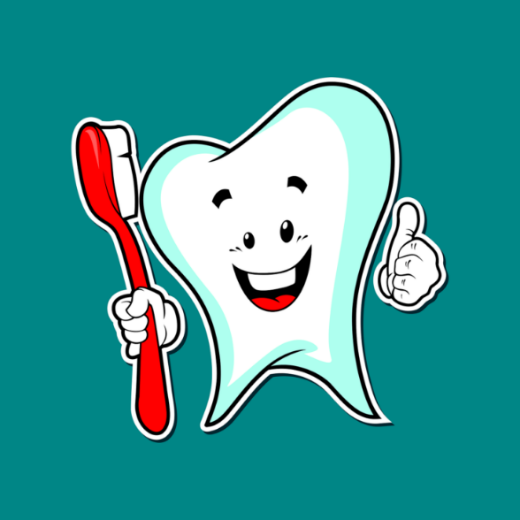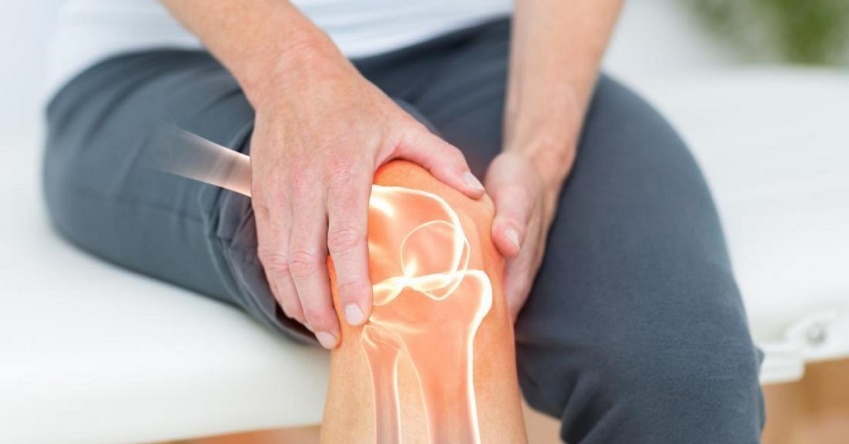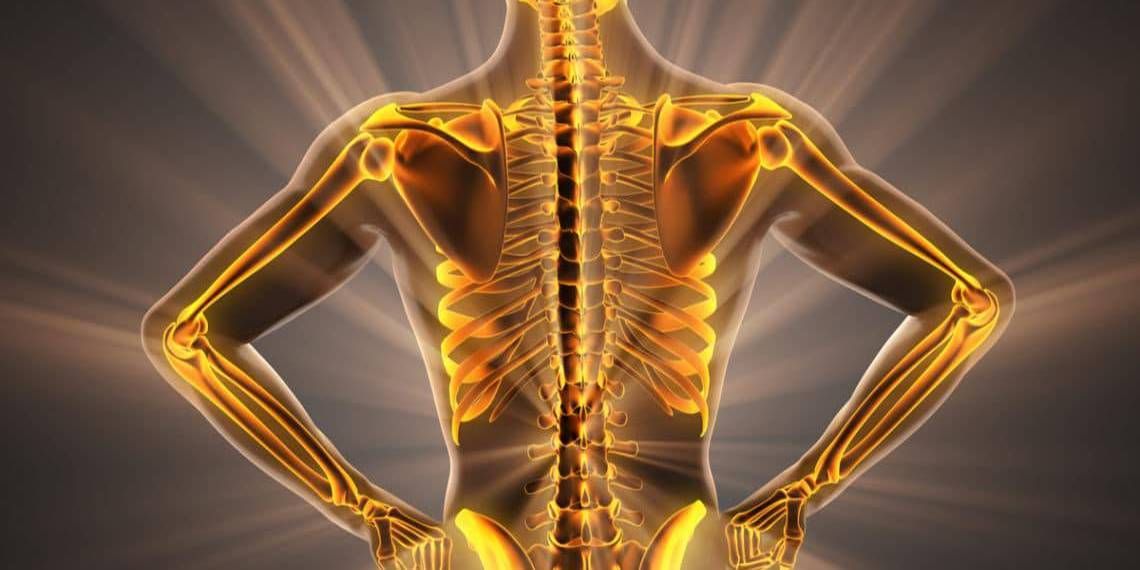The principles underlying the MD—widely documented elsewhere — can be summarized as follows: high consumption of fruits, vegetables, cereals (especially whole seeds), legumes, and nuts; relatively high fat consumption (up to 40% of total energy intake), mainly monounsaturated fatty acids (MUFAs) from extra-virgin olive oil, the main fat used for seasoning and cooking; moderate to high consumption of fish; moderate dairy product consumption, usually in the form of yogurt and cheese; low red meat and meat product consumption; moderate alcohol consumption, mainly in the form of red wine during meals; low consumption of simple sugars (pastries, soft drinks, etc.); and high consumption of herbs and spices—an important source of micronutrients, including calcium (Ca)—used to flavor dishes. This traditional diet, however, has been affected by the onslaught of dietary trends of recent decades.
The prevention of bone mass loss and related complications associated with osteoporosis is a significant public health issue. The Mediterranean diet (MD) is favorably associated with bone health, a potentially modifiable risk factor. The objective of this research was to determine MD adherence in a sample of women with and without osteoporosis. In this observational case-control study of 139 women (64 women with and 75 without osteoporosis) conducted in a primary-care health center in Girona (Spain), MD adherence, lifestyle, physical exercise, tobacco and alcohol consumption, pathological antecedents, and FRAX index scores were analyzed. Logistic multilinear regression modeling to explore the relationship between the MD and bone fracture risk indicated that better MD adherence was associated with a lower bone risk fracture. Non-pharmacological preventive strategies to reduce bone fracture risk were also reviewed to explore the role of lifestyle and diet in bone mass maintenance and bone fracture prevention.
Source: Nutrients. 2019 Oct; 11(10): 2508
Santegra®’s product Camosten™ contains calcium and vitamin D essential for the bones.







